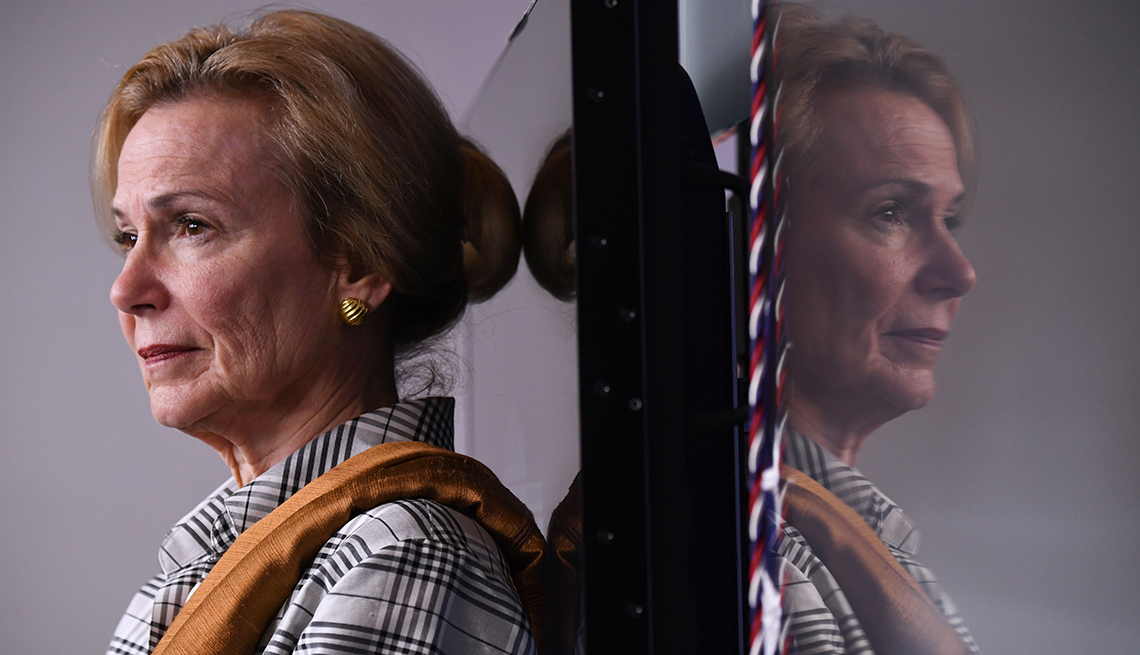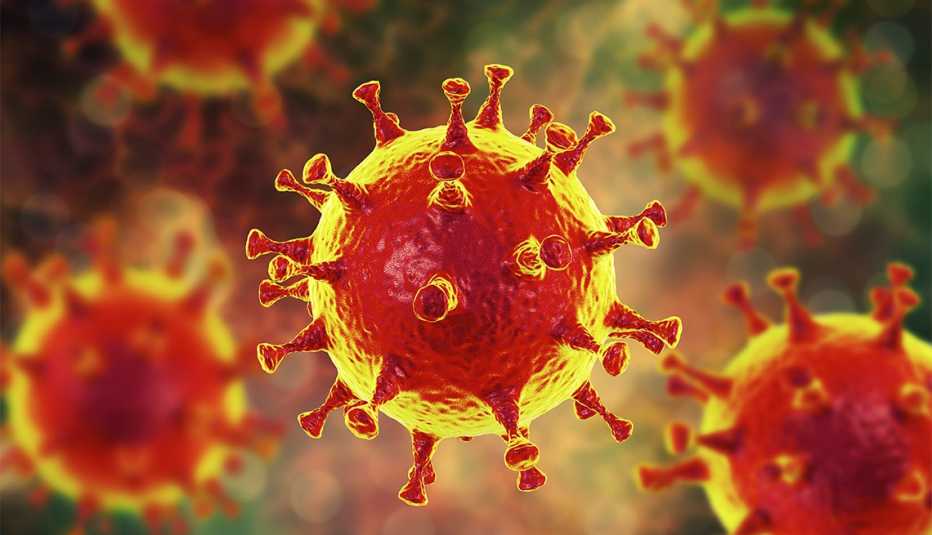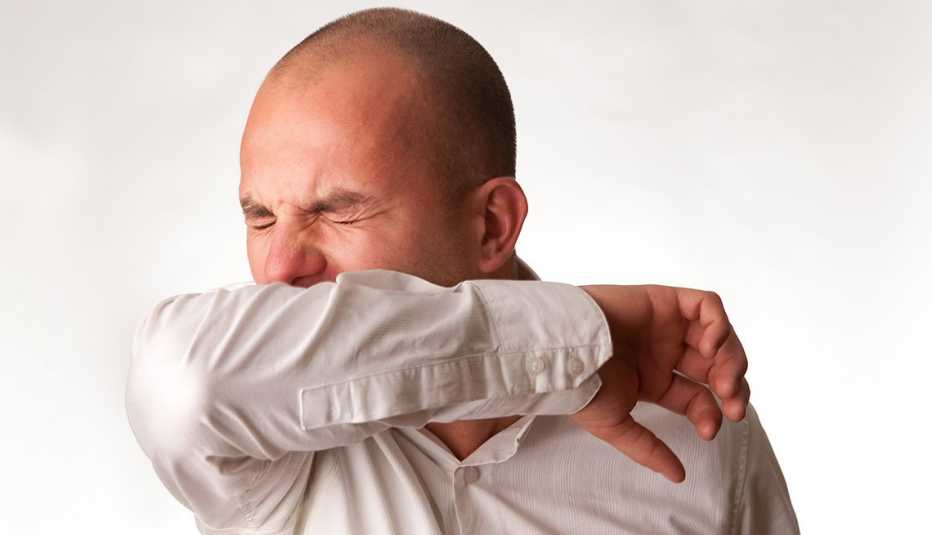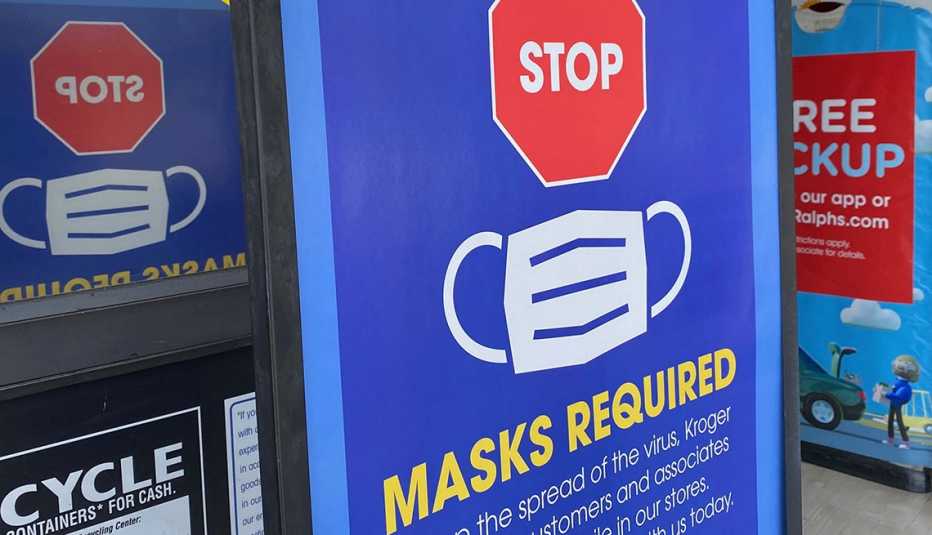Staying Fit
What have we discovered about how to treat this virus?
We've learned a lot about how to treat the seriously ill. Our hospitals and our doctors and nurses have done an extraordinary job improving the care of the sickest patients. There are nuances about when people need oxygen, how much oxygen they need, whether they need to go on a ventilator, when that should happen, how they should be positioned — those are all really critical knowledge. That has been improving in-hospital and in-ICU care.
What kinds of changes do you believe will occur in the U.S. health care system as a result of this?
I think two big things are happening. One, we know where every ICU bed and ventilator is in the country. Having that up-to-date inventory is important when you're managing any pandemic. We have much more visibility across the country into what the health care system has and how it needs to be additionally supported.


AARP Membership— $12 for your first year when you sign up for Automatic Renewal
Get instant access to members-only products and hundreds of discounts, a free second membership, and a subscription to AARP the Magazine.
Secondly, we clearly know that you need to take better care of yourself. You need to ensure your hypertension is under control, your diabetes is under control. If you have those risk factors, people need to immediately protect themselves.
Any other lessons learned?
We have discovered how vulnerable our long-term care facilities are to infectious diseases. Our CMS group [Centers for Medicare & Medicaid Services] is always focused on infection control in nursing homes, but we've learned how even more critically important it is that nursing homes have excellent infection control.
What have we learned to help us change our behaviors?
I hope that out of this comes significant recommendations to decrease human exposure to wild animals. It's the wild animals that we don't have everyday exposure to — we have no ability to handle their viruses, particularly if they jump to us. HIV came out of wild animals. Ebola comes out of animals in the wild, and we believe that COVID-19 came out of animals in the wild. Any time a virus moves from an animal to a human, humans have no immunity. That's what has been so difficult with this particular virus.



































































